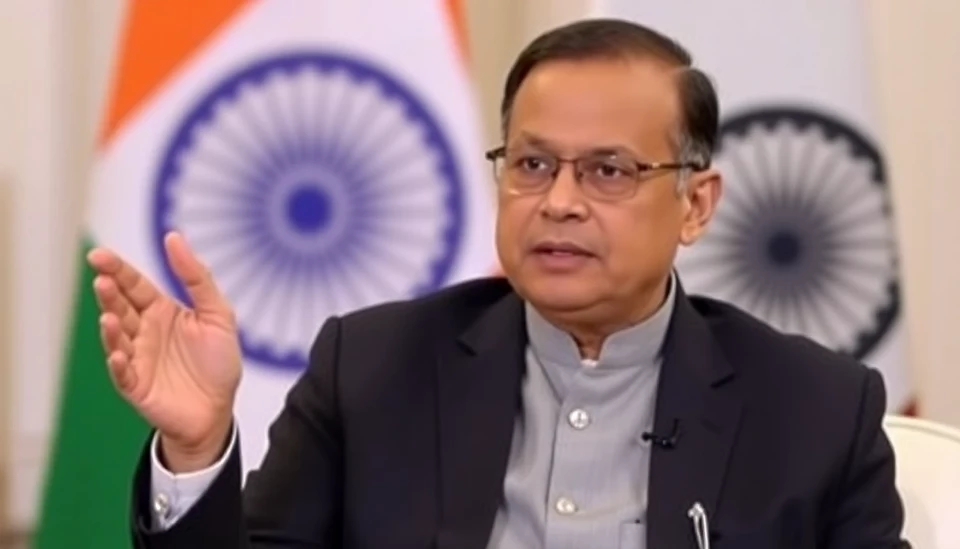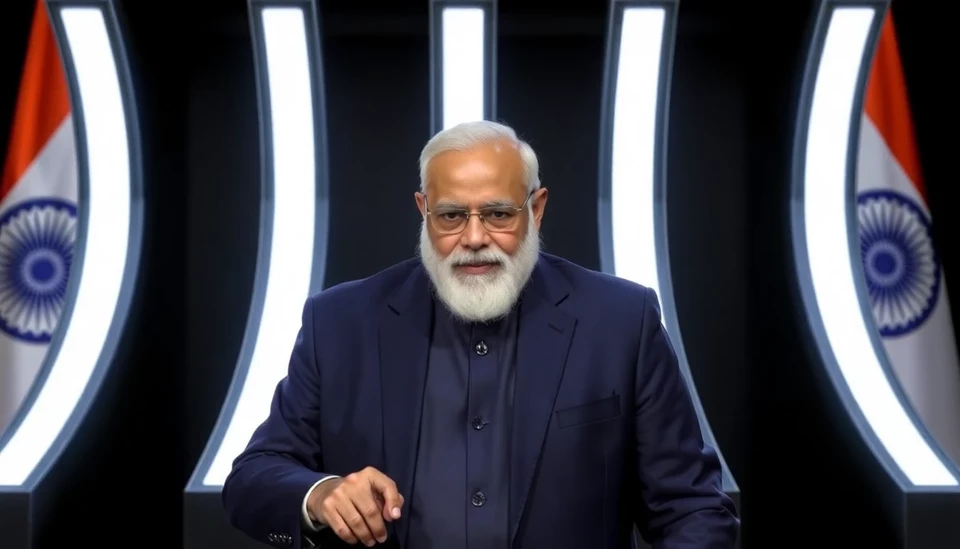
In a significant development regarding India’s trade policy, Finance Minister Nirmala Sitharaman announced that the Indian government is contemplating the easing of tariffs, provided it does not adversely impact the economy. This statement comes amid ongoing discussions surrounding global trade dynamics and economic growth strategies, as India seeks to balance domestic needs with international trade commitments.
Sitharaman indicated that the government is willing to reassess its tariff structure as part of broader efforts to invigorate the economy, which has faced challenges in recent months. While addressing reporters, she emphasized a cautious approach, asserting that any adjustments in tariffs would need to be carefully analyzed to avoid detrimental effects on India’s economic landscape.
The context for this consideration is influenced by rising inflationary pressures and fluctuating demand in various sectors. As global supply chains continue to shift post-pandemic, India recognizes the necessity of maintaining a competitive edge while also ensuring that local industries are not undermined by international competition.
Sitharaman’s remarks were part of a larger discourse on economic resilience, where she highlighted the importance of supporting sectors that are vital for growth and employment. She stated that the government is committed to implementing measures that foster a conducive environment for businesses to thrive, which, in turn, would contribute to overall economic stability.
Furthermore, the Finance Minister hinted at the possibility of reassessing import duties and tariffs as a means to lower costs for consumers and stimulate demand. However, she cautioned that such measures would need to be systematically evaluated to ensure that they align with the government’s long-term economic strategies.
India's trade policies have historically included protective measures to shield domestic industries from foreign competition. The current administration’s stance reflects a potential shift towards a more flexible approach, balancing protectionism with the need for openness and competitiveness in a rapidly changing global market.
As discussions about tariff reforms continue, stakeholders across various sectors are closely monitoring the situation, hoping for a policy that could enhance trade and economic growth without compromising the interests of domestic producers.
In conclusion, the statement by Nirmala Sitharaman underscores the intricate balance that the Indian government aims to strike between fostering growth, ensuring consumer protection, and maintaining an advantageous position in international trade. The coming months will be crucial in determining how these potential tariff adjustments will play out in the context of India's overall economic trajectory.
#India #Tariffs #Economy #NirmalaSitharaman #TradePolicy #Inflation #EconomicGrowth
Author: Daniel Foster




